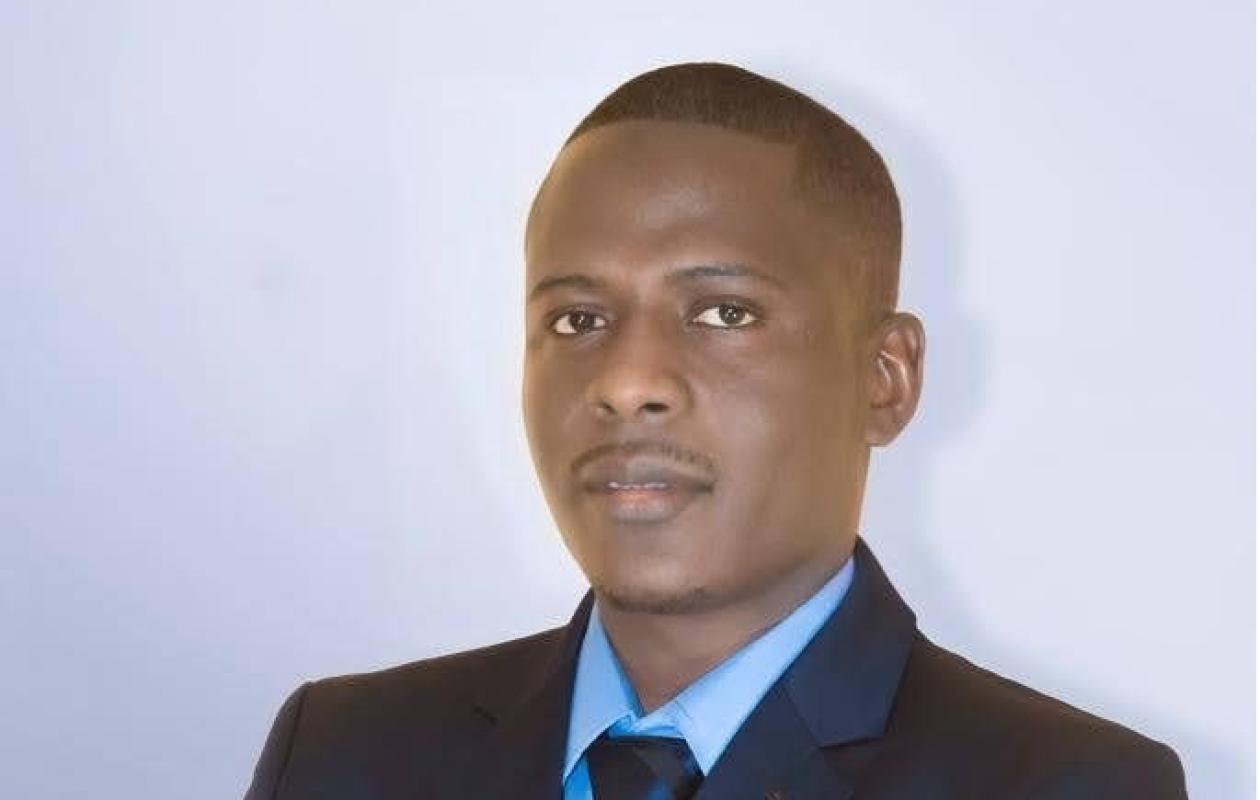
L’intégration ouest-africaine : entre fragmentation politique et ambitions économiques. Regards croisés avec Mounirou Kane
ECOWAS celebrated its 50th anniversary this year, but the West African integration project remains unfinished. Despite a common market intended to cover more than 400 million people, intraregional trade has stagnated at around 15%, hampered by non-tariff barriers, political crises, and insecurity. WAEMU, more disciplined in monetary and budgetary matters, is also struggling to transform the initial steps into visible benefits for the population. In a context marked by the withdrawal of several states and the rise of new regional alliances, the future of integration in West Africa raises profound questions.
To shed light on these dynamics, Seneweb met with Mounirou Kane, economist and program officer at Enda CACID (African Center for Trade, Integration and Development).
What do you think are the main political obstacles currently holding back economic integration in West Africa?
The first challenge is governance. Integration can only move forward if states truly play the collective game. However, too often, community decisions are made but not implemented at the national level because each government remains focused on its internal priorities.
The second challenge is legitimacy. Many citizens perceive ECOWAS as a distant, technocratic organization that primarily defends the interests of its leaders. This crisis of confidence has worsened in recent years, particularly with the sanctions imposed on certain countries, which are perceived as unfair by the population.
Finally, there is a problem of institutional coherence. WAEMU and ECOWAS sometimes pursue similar objectives but with different means, which creates duplication, redundancy, and sometimes contradictions. This overlap hinders the effectiveness of the integration process.
WAEMU and ECOWAS have objectives that are sometimes convergent and sometimes distinct. How do you assess the complementarity or tensions between these two organizations?
WAEMU is more integrated, with community law clearly taking precedence over national laws and stricter budgetary discipline. ECOWAS has a broader scope, including English-speaking, French-speaking, and Portuguese-speaking countries, but its operations are more political and less legally binding.
In theory, the two organizations should be complementary. In practice, there is an implicit rivalry. Member states, depending on their interests, gravitate toward one or the other. This duality creates confusion and prevents a single vision of West African integration.
You mentioned the weakened legitimacy of ECOWAS. Some even consider it obsolete in the face of recent crises. This was particularly the case with the announcement of the deployment of the "standby force" following the coup d'état in Niger in July 2023. What is your analysis?
ECOWAS is not obsolete, but it is experiencing a profound crisis of legitimacy. Coups in Mali, Guinea, Burkina Faso, and Niger have revealed a divide between community institutions and the people. When people support the putschists despite ECOWAS's firm stance, it means they no longer have confidence in the organization.
ECOWAS's survival depends on its ability to reinvent itself, to listen more to citizens and to defend causes that affect their daily lives: mobility, employment, and food security. If it continues to be perceived as an instrument of heads of state, it will gradually lose its meaning and its raison d'être.
What role do regional security governance trade dynamics play in the evolution of this integration?
They play a decisive role. Growing insecurity in the Sahel complicates the implementation of regional policies as states are preoccupied with military emergencies. Governance directly influences the credibility of community commitments; a country in political or institutional crisis struggles to meet its commitments.
Intra-regional trade remains very low, at around 15%. The obstacles stem mainly from non-tariff barriers, border corruption, a lack of infrastructure, and persistent mistrust between administrations. All of this prevents economic integration from producing concrete results for citizens.
What concrete avenues could accelerate more effective integration both economically and politically?
The first is to place citizens back at the heart of integration. We can no longer be satisfied with an ECOWAS of heads of state. We must build an ECOWAS of the people. This involves popularizing community texts and educating about regional citizenship from school onwards.
It is in this sense that initiatives such as the Citizens' House, led by Enda CACID, are valuable. They bring community institutions closer to the population, provide a space for dialogue and information, and make integration more tangible in daily life.
The second path is to guarantee the effective primacy of Community law. As long as states can ignore regional rules with impunity, integration will remain theoretical.
The third concerns the informal economy, which provides a livelihood for the majority of West Africans. However, until now, no real community policy has been devised to support it. Integrating these actors ensures a solid social basis for integration.
And regarding OHADA, can it play a role in regional legal and economic harmonization?
Yes, definitely. OHADA has already harmonized business law in 17 African countries. It provides legal certainty that promotes investment and trade.
However, its impact remains limited if litigants and small businesses are unaware of its rules or do not have access to the competent courts. The challenge is therefore twofold: to pursue harmonization but also to democratize access to the law so that OHADA is not only a tool serving large companies but also artisans, traders and actors in the informal economy.
Commentaires (4)
Participer à la Discussion
Règles de la communauté :
💡 Astuce : Utilisez des emojis depuis votre téléphone ou le module emoji ci-dessous. Cliquez sur GIF pour ajouter un GIF animé. Collez un lien X/Twitter, TikTok ou Instagram pour l'afficher automatiquement.